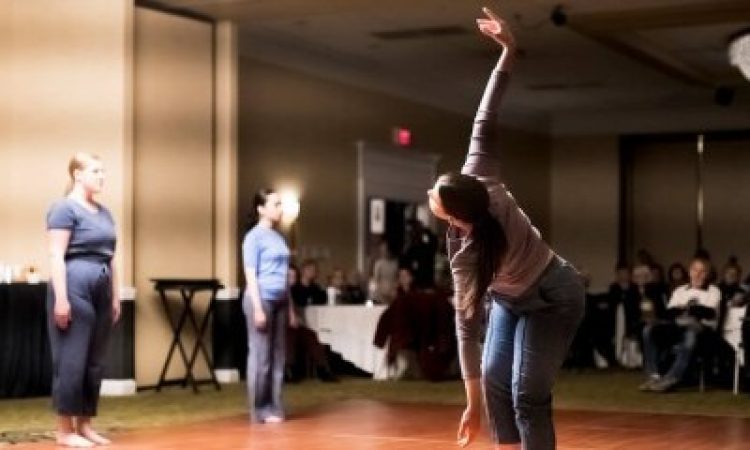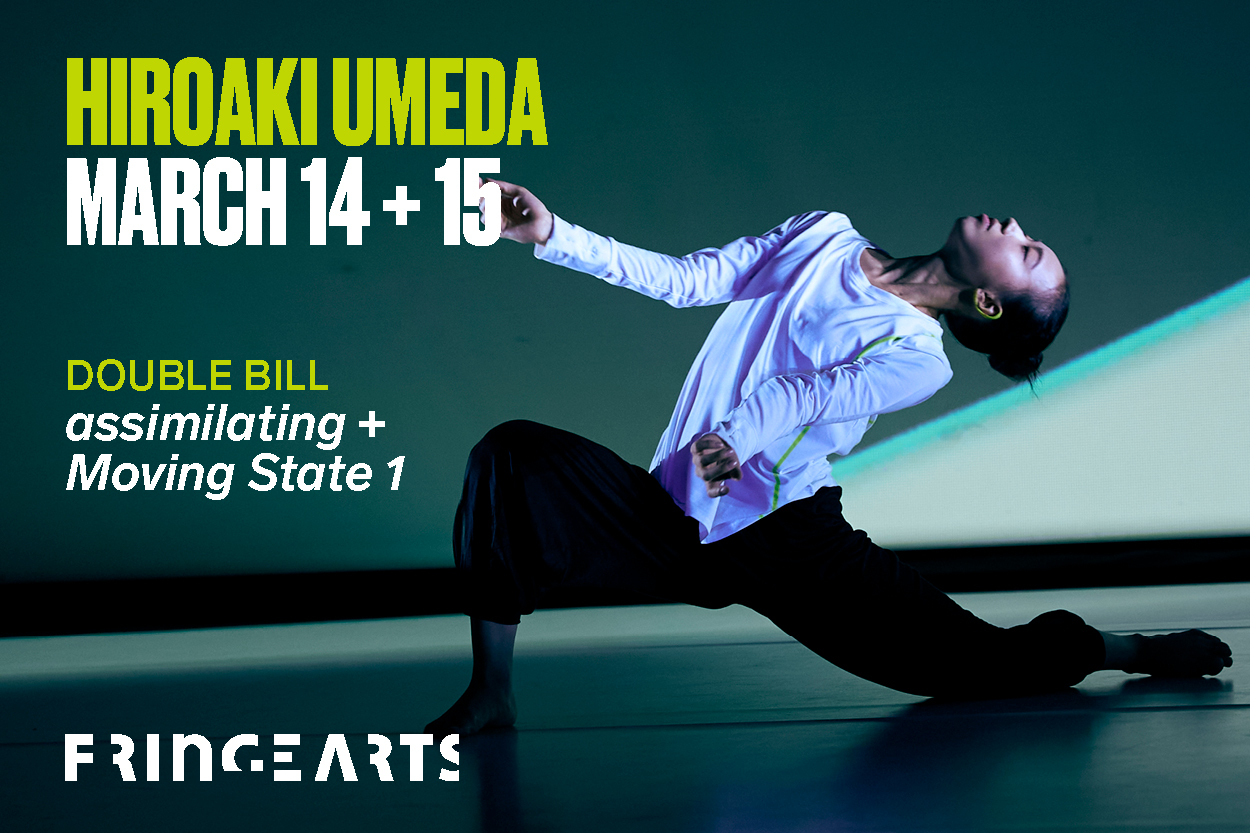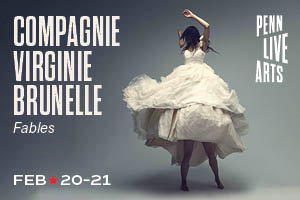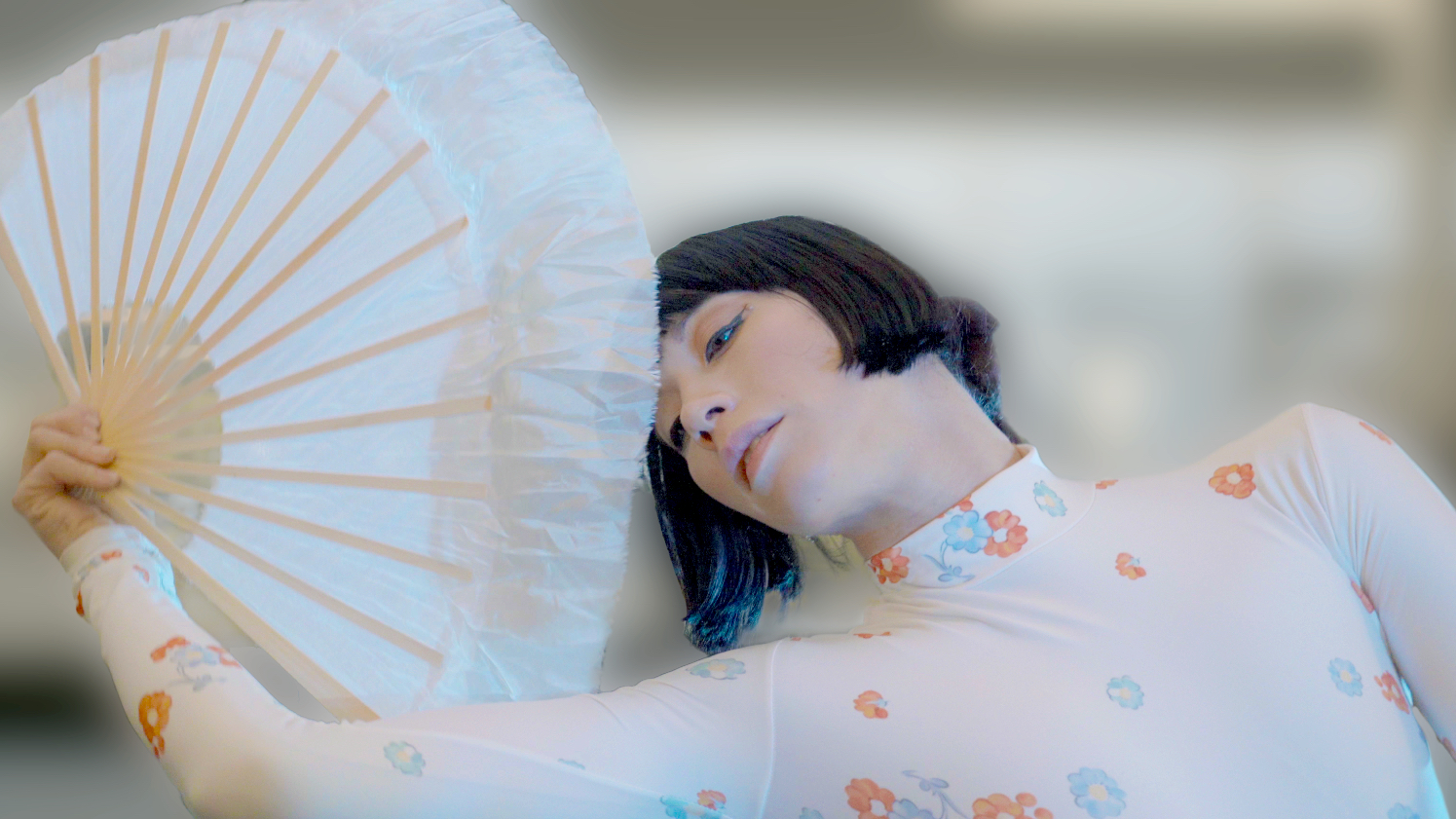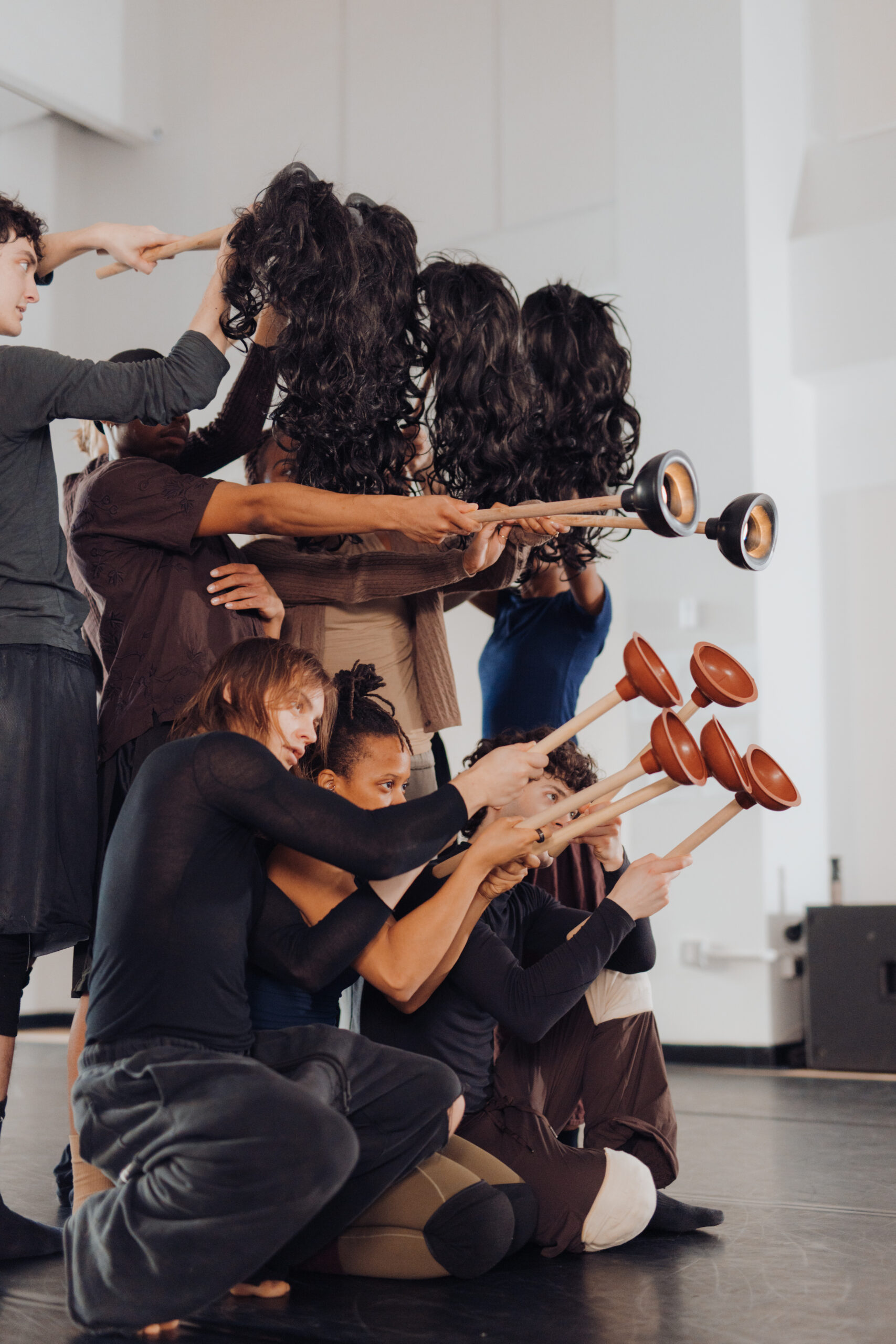You could say it was a tough crowd: writers from 19 states, many of them educators, many of them published, watching students and alumni of Stockton University’s Dance Department perform works interpreting written pieces. But the performance earned rousing applause from the 100-plus audience. This was the scene over MLK Weekend at the Winter Poetry & Prose Getaway, a workshop sponsored by Murphy Writing of Stockton University. Peter E. Murphy, a nationally recognized writer and educator, founded Murphy Writing in 1994.
For me, it brought together two of my favorite things: writing and dance. What could be better?
Caitlin Quinn Pittenger, associate professor and chair of Stockton’s Dance Program, and assistant professor Beau Hancock choreographed many of the pieces. The written selections were by workshop staff—those leading the sessions that ranged from memoir and novel writing to fiction, nonfiction, experimental forms, and even songwriting. I had signed up for the track “The Braided Narrative: Weaving Creative Nonfiction,” led by Davon Loeb, a high school English teacher in South Jersey. His new book, a lyrical memoir titled The In-Betweens, is hot off the West Virginia University Press. I learned so much in his sessions, both from him and from my fellow writers.
Loeb’s “Breakdancing Shaped Who I Am As a Black Man and Father” was one of the pieces chosen for the dance performance. I watched Loeb watch the performance, and his face broke out into a big smile. I had read this essay prior to the workshop; it is a perfect example of a braided narrative, one that weaves personal experiences with a broader issue supported by research.
“In my suburban town and the almost-entirely-white school I attended, their idea of dancing was do-si-dos, promenades, and allemande lefts. In gym class, we line-danced to ‘Cotton Eye Joe.’ Everyone counted the steps and sang along with the lyrics, and then there was me, the Black kid, like a lone peppercorn in a salt grinder.”
Another prose piece, “When Home Leaves You” by Anndee Hochman, served as inspiration for a number choreographed by Hancock in collaboration with dancers Sierra Duncan, Molly Glenn, and Naomi Pagan. An excerpt reads: “It is one thing to leave home. I did that for college, then again, more emphatically, to live in Washington, DC, after I graduated, and finally (with a dramatic chop of those last apron strings) by lighting out for Portland, Oregon, when I was 23. But it is something else when the house leaves you.” The three dancers played the roles of Hochman, her mother, and father. They alternately supported one another and pushed away, reflecting the author’s conflicting emotions.
In “First Light” by Nancy Reddy, choreographed by Indy Caudle and Casey van Newenhizen, both dance program alumni, captured the wonder of constellations and the miracle of new life. An excerpt reads:
“… I lay against
the crinkling paper of the exam table while the nurse
swabbed gel across my belly, and in the night sky
of the uterus, on the grayscale screen of a handheld sonogram,
we saw it all at once: the striations of muscle and space,
the stuttering and blinking, the insistent flicker of a beating heart .”
Raena Shirali’s “jodhpur, Jharkhand, Philadelphia” was interpreted by choreographer Pittenger, in collaboration with dancers Abigail Bell, Megan Burns, and Naomi Pagán. The dancers sometimes moved in sync, sometimes individually, speaking to the author’s multiple identities. At times the movements were physical, even violent, creating a visceral reaction in me when these words were read: “wondering how the river smells when women are dragged into it.”
During the Q&A, I asked about the use of spoken word as background for dancing. Hancock said poetry has been a part of modern dance since its creation, calling it a “shared craft.” He added that dance icons Martha Graham and Doris Humphrey both used poetry as inspiration.
Throughout the weekend, I forced myself out of my comfort zone to go behind the microphone and in front of my peers for open mic and for Story Slam, held in conjunction with the workshop. Now that I’ve stood up and read a piece about gefilte fish, I figure I’m ready for anything.
In honor of Martin Luther King, Jr., the workshop’s closing ceremony featured sound bath meditation by yoga instructor Alisa Pratt and a tribute by Jamillia Lawrence. Quotes by four prominent Black authors—James Baldwin, MLK, poet Gwendolyn Brooks, and bell hooks—graced the walls of the conference room. We were provided construction paper and markers and were to write our answer to this question: What would you say to future generations to compel them to continue the fight for racial justice?
We only had a few minutes, so I settled on this: If we are silent, we are complicit. We must act, we must speak out against systematic racism if we truly value our democracy.
Winter Poetry & Prose Getaway, Murphy Writing of Stockton University, Galloway, NJ, Jan. 13-16, 2023
